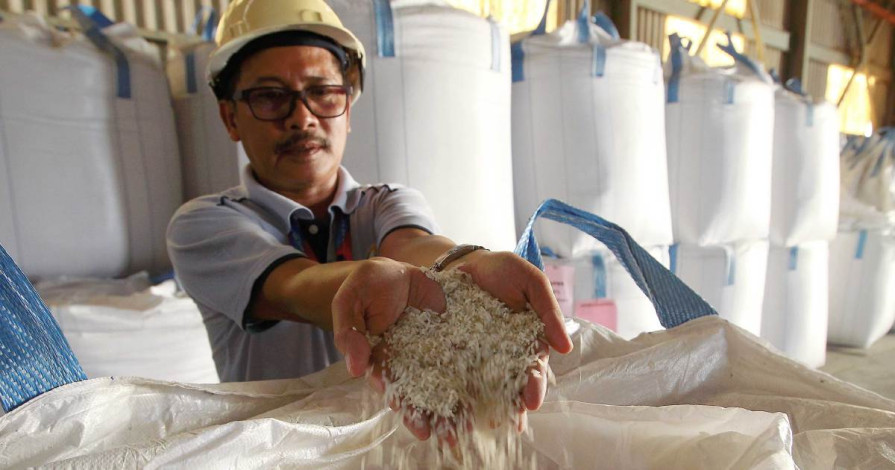
File Photo
But analysts warn that it could also disrupt the livelihoods
of local PADI farmers if existing protections such as subsidies and minimum
price guarantees are not maintained - especially as Malaysia aims to increase
local rice production to 75 percent of the country's consumption by the end of
2025.
Bernas is a private company controlled by business tycoon
Syed Mokhtar Albukhary, who has close ties to the ruling party Umno. The company
received a 10-year extension until January 2031 on its concession to import
rice under the previous government led by Tan Sri Muhyiddin Yassin.
Tan Sri Syed Mokhtar’s company Tradewinds became a major
shareholder in Bernas in 2009. Since then, Bernas has obtained two 10-year
extensions in 2010 and 2021 for its concessions.
In December, Datuk Seri Anwar said he had reprimanded Mr. Syed Mokhtar for monopolizing rice imports. “He must know that this import
permit is not a concession and not a reward for him, but instead given to
Bernas,” said the Prime Minister.
But ending the concession may not be an easy task for Mr. Anwar politically, as he has to balance the need to protect farmers’ production
and keep prices low for consumers, said agricultural economist Julian Conway
McGill from commodities consultancy firm LMC International.
“A full liberalization of the rice market would result in
lower rice prices for consumers, greater imports, and lower output among rice
farmers who will not be protected from competition,” said Dr McGill.
More imports will push down rice prices in Malaysia, he
added. But rice farmers who incur high production costs are likely to stop
producing without price protection such as tariffs on imports.
“As a consequence, Malaysia’s rice self-sufficiency ratio
will decline. Such an outcome is unlikely to be politically acceptable,” he
told The Straits Times.
Malaysia consumes about 2.7 million tonnes of rice a year,
of which about 30 percent is imported by Bernas to make up for the shortfall
in local production. The company also buys rice from local farmers and millers
to sell.
Besides maintaining adequate rice supplies, Bernas is also
tasked with keeping prices fair and stable for farmers and consumers and
distributing subsidies to farmers on behalf of the government. It is obligated
to buy any excess rice produced by padi farmers at a guaranteed minimum price
and is currently required to maintain a rice stockpile of 200,000 tonnes.
But padi farmers have long complained that Bernas ignores
farmers’ interests and is more focused on profits.
For the 2020 financial year, the company paid out about
RM670 million (S$206 million) in dividends. For 2021, it made a net profit of
RM182.3 million on the back of RM4.7 billion in revenue.
In contrast, the monthly household income from both
agricultural and non-agricultural activities for padi farmers averaged RM2,526,
placing them in the bottom 40 percent of earners in the country, reported
Khazanah Research Institute in April 2019.
Bernas did not respond to ST’s request for comments.
Given Bernas’ key role in the industry, it would be disruptive
to dismantle the private company’s rice monopoly without first replacing it
with a well-conceived alternative, said Malaysian Institute of Economic
Research senior research fellow Shankaran Nambiar.
The exit strategy could include giving import rights to
farmers’ associations, as previously suggested by Mr. Anwar.
“Giving import rights to farmers’ associations will empower
farmers to participate more actively in the padi market. They can also be
another channel for the import of padi, which will give them an opportunity to
make profits from trade,” Dr. Nambiar told ST.
Dr. McGill suggested that the government can also assist
farmers directly so they can retain their livelihood while allowing more
imports. “The Malaysian government could maintain their own stocks, rather than
allowing Bernas to do so,” he said.
Source:
Online/GFMM
Comment Now